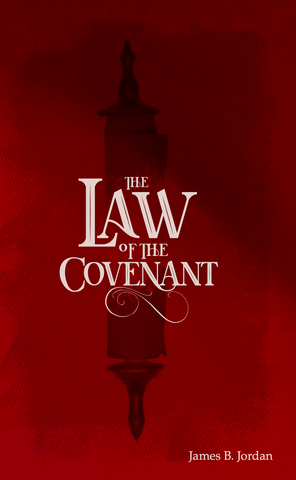Gary discusses a short video clip that reveals how people seldom connect what they believe about one thing and how it affects (and contradicts) other things.
Slavery is still very much with us in the last years of the 20th century. The most notable example is communism, which has enslaved vast portions of the world. In the United States, large groups of people have approached the national government in recent years, begging to be made wards of the state, demanding bread and circuses; and this is the case all over Western Europe as well. Furthermore, traffic in human flesh continues to characterize the Moslem world.
The slave trade existed all over Africa long before the coming of white traders, and the cruelties of the European slave trade were not necessarily worse than conditions for enslaved people in Africa at the time. The advantages for those slaves who survived the voyage to the United States were considerable, both materially and spiritually. Though there were indeed cruel masters in the South, a Christian civilization served to restrain most excesses, and Christian leaders worked to institute better laws in this regard.
The failure of the South, however, to be consistently Christian at this point resulted in the destruction of Southern civilization. Southern theologians were frequently more interested in detailed and excessively rigorous observance of the weekly sabbath than in the weightier matters of the law: mercy and justice and faithfulness (Matt. 23:23). There was no provision whereby slaves might earn their freedom, nor were the Biblical laws governing slavery respected. Theologians strained at sabbatical gnats and swallowed a sabbatical camel. Because deliverance from bondage into sabbath freedom is so central to Biblical theology, the hypocrisy of the Southern churches at this point could not help but call down the wrath of God.

The Law of the Covenant
If we take a man-centered approach to these laws, we might say that the purpose of this legislation is only to ensure human prosperity. Such an approach to the law of God misses the most basic point. These laws show us God's own genuine personal care for His world, and as such these laws cannot be altered by human whim. To be sure, the Bible is man-oriented, and thus obedience to these laws will improve human life; but the laws are God's, and cannot be changed by man. Thus, as we examine the laws in Exodus 21-23, our first concern must be the glory of God, not whether these laws seem right to us sinful men. If we start with God, we will soon see how these laws also improve human life.
Buy NowGary discusses a short video clip where a grandmother says that she supports hormone blockers for young people, including her own granddaughters, but opposes tattoos because they’re “permanent.” This astounding ignorance reveals how people seldom connect what they believe about one thing and how it affects (and contradicts) other things.

